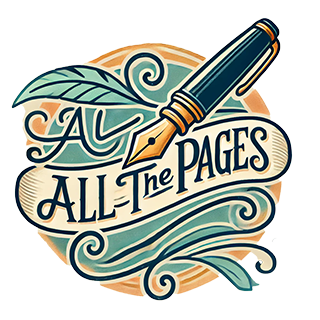The wide variety of topics covered and fast pace of shared thoughts and ideas continued through the last two days of the 2004 O’Reilly Emerging Technology Conference. My 3 word summary? Best Conference Ever!
New for me (though I heard about this at Apachecon) was the notion of monitoring the conference IRC channel during the day. It was interesting how high the chatter was if a speaker got boring and how it quieted down for the more engaging speakers.
Highlights of the last two days included:
Kids & Social Software
This was a timely session that reviewed a detailed study of children and their use of internet technologies. Ensuring kids’ safety while letting them have expressive identities in social software was the subject of a BBC report that served as the basis for this talk. The intended audience is product developers working on children’s products, but there are many useful lessons for (grand)parents as well.
The study presented findings on expected behaviour from both boys and girls, and how their identities and ideas of their roles in life meshed with their online activities. A couple of things stood out for me that crossed gender lines. Kids are prone to giving up id info too easily, which can be mitigated by discussing the risks with them. Worse, predators tend to target children who seem to be having problems … precisely those kids who aren’t likely to receive appropriate guidance at home. Software has a role to play here, though current social software isn’t really geared towards protecting the privacy of adults, let alone children.
Google is Harder Than it Looks was an informative overview of google, a company that has grown beyond simply providing search results. I’ve seen a couple of presentations regarding google’s computing infrastructure, but what made this talk so great was that it covered much more than that. For example, it was noted that over 100 factors are evaluated when ranking a page. Also, ads are a very big part of life at google (it’s how they make their money, after all). Ensuring relevant and effective ads is one of their major goals.
Google has some interesting searches that I was not aware of, including airplane tail number lookup, flight tracking, package tracking, VIN, UPC, patents, stock quotes, phone numbers, and street maps (nice front end to yahoo maps).
And yes, their hardware infrastructure is as impressive as always.
eBooks
eBooks are a curious thing today. Their potential is tantalizing and full of promise but current models are frustrating to use. You can grep an ebook; you need power to read an ebook.
Cory Doctorow, EFF member, up and coming author and contributor to BoingBoing explored these issues in some detail during his session on eBooks. His talking notes are available and are worth a look. One good point that needs reiterating is that ebooks complement paper books; they aren’t a replacement. Cory predicted in the future that you won’t really feel you “own” a book unless you have the ebook as well. As a published author who also allows the free downloading of his books from the web he speaks with some authority on these topics.
Electric Sheep
A pleasant interlude was provided by the Electric Sheep session. Scott Draves, a programmer at Dreamworks SKG, discussed the technology behind his P2P based application and then presented what can only be described as a trippy video made from the images created by his screensaver. Using P2P technology, complex images known as electric sheep, are calculated using the power of many distributed computers. Completed images are archived at the electricsheep.org site.
Though this talk definitely featured some great eye candy, it also demonstrated an interesting use of a technology, peer to peer, that has many, many legitimate uses.
Programmable Matter
Noted scifi author turned scientist Wil McCarthy presented an overview on quantum dots and their potential uses. I got lost, but was fascinated by the concept of programmable artificial atoms! He described matter with tunable optical and electrical qualities which could then be used to build a completely programmable house.
Modern Journalism
Silicon Valley pundit Dan Gillmor shared his thoughts on newsmakers in the modern world. They face a new world, with changing rules and changing roles for journalists. He points out that journalism was once a lecture but is now becoming a conversation. The “former audience” as he likes to say is now more than capable of reporting their own news.
In response to a question from the audience he mentioned that other than public blogs like his, blogs and wikis aren’t yet being used internally at the Mercury News, though their publishing system does have a shared comment area which provides similar functionality.
